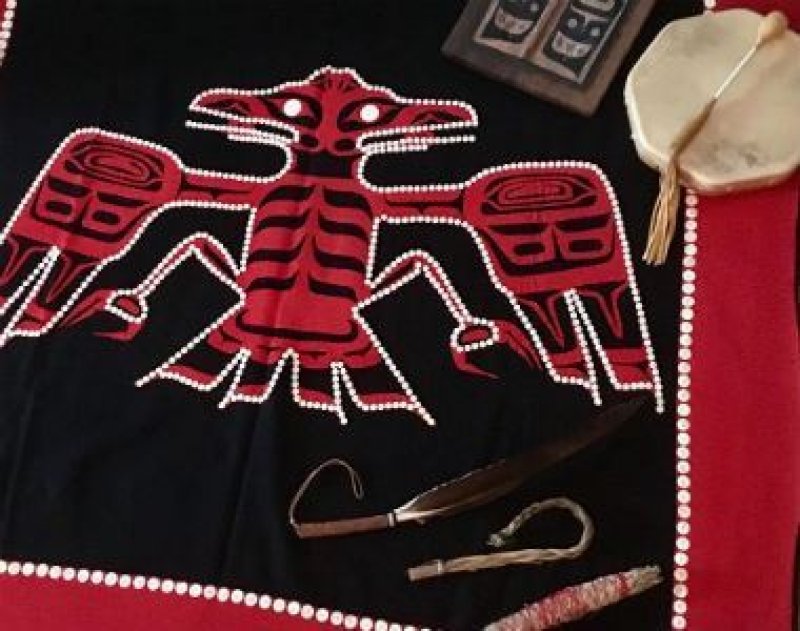Science and the enlightenment are under assault from many directions, and in many incarnations, but they all tend to boil down to the same basic idea – other ways of knowing, and a rejection of the rigorous academic standards typified by science and scholarship.
One form of science rejection is being called “indigenous ways of knowing” (IWK), which refers to the traditions and culture of native people, typically historically oppressed by Western aggression and colonialism. Dealing with this topic can be tricky, because often the grievances are legitimate, and calls for a rethinking of the relationship between indigenous people and their former colonizers is appropriate.
…
Saying that we should no longer hunt whales can be seen as just another assault on an indigenous way of life. It’s not their fault that Westerners overhunted whales (or cut down the rain forest, or whatever), so why should they pay the price? They have a point, but that point does not change the fact that some whale species are endangered and we shouldn’t be hunting them.
…
It is critical to understand that, by definition, any “alternative” to science or “other way of knowing”, therefore, involves cherry picking evidence, using bad logic, using vague definitions, making poor observations complicated by confounding variables, or operating in an opaque rather than transparent manner. None of those are good things, no matter what culture you come from.
Read full, original post: Indigenous Ways of Knowing































